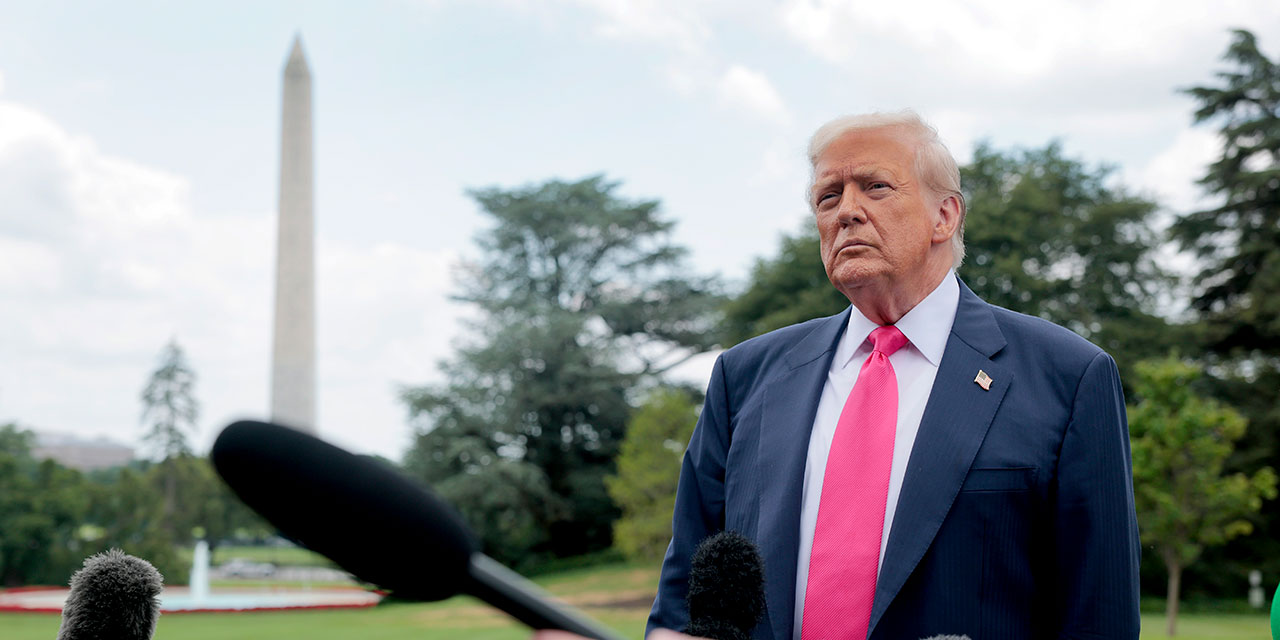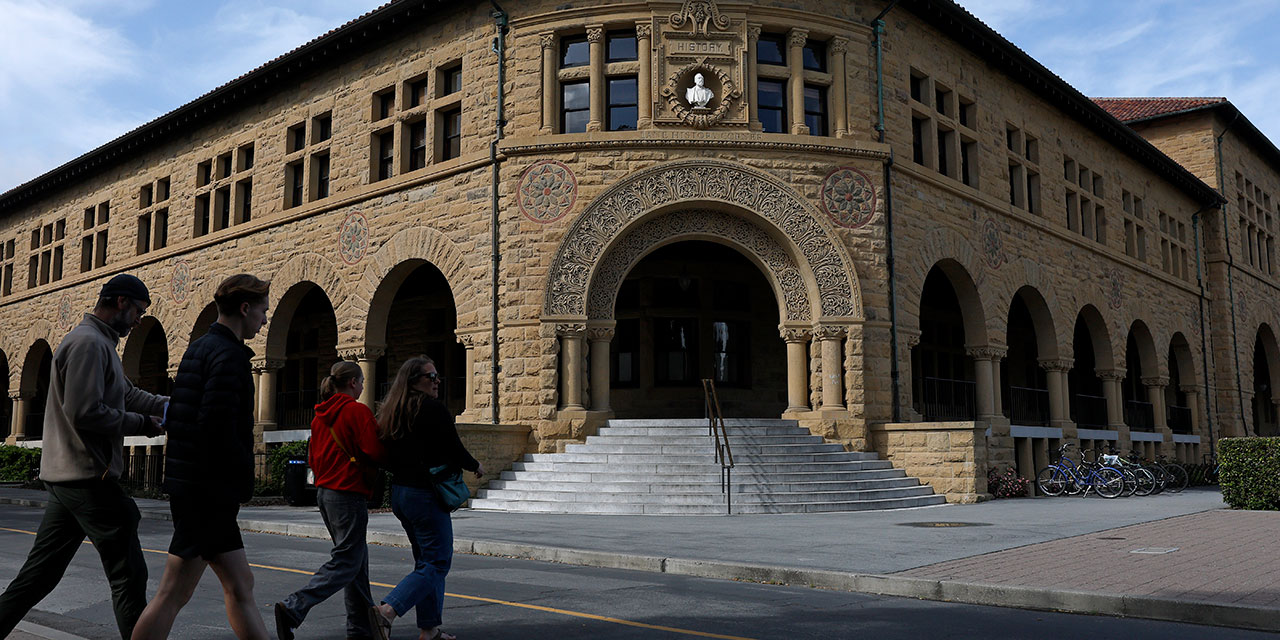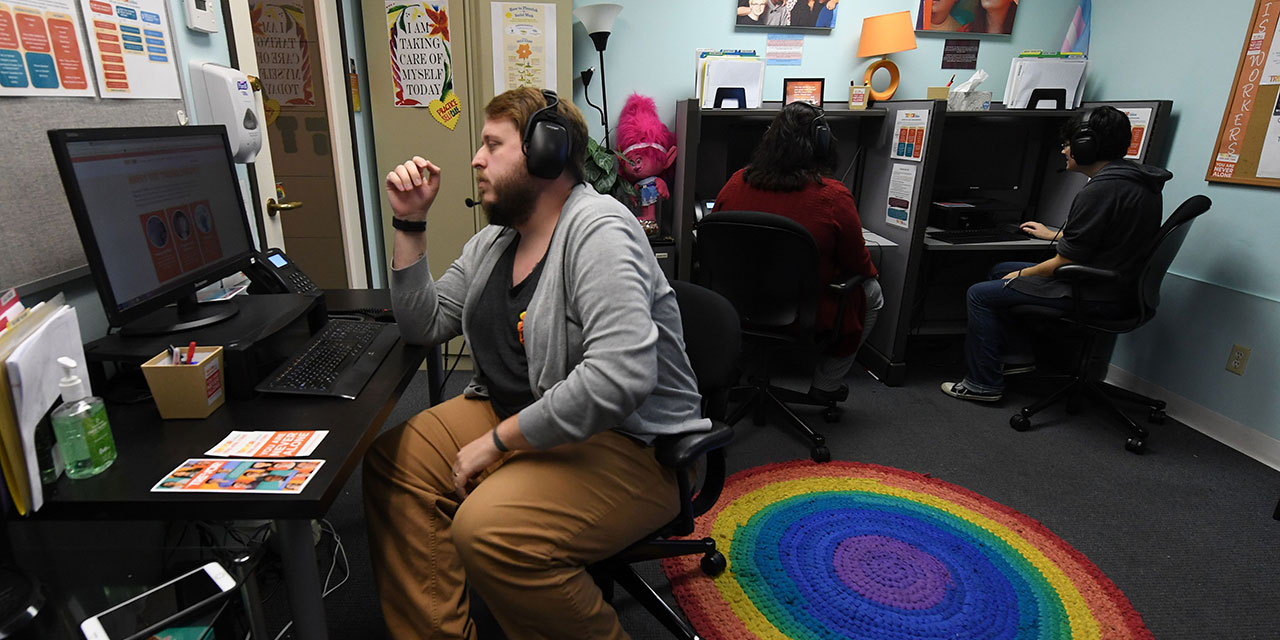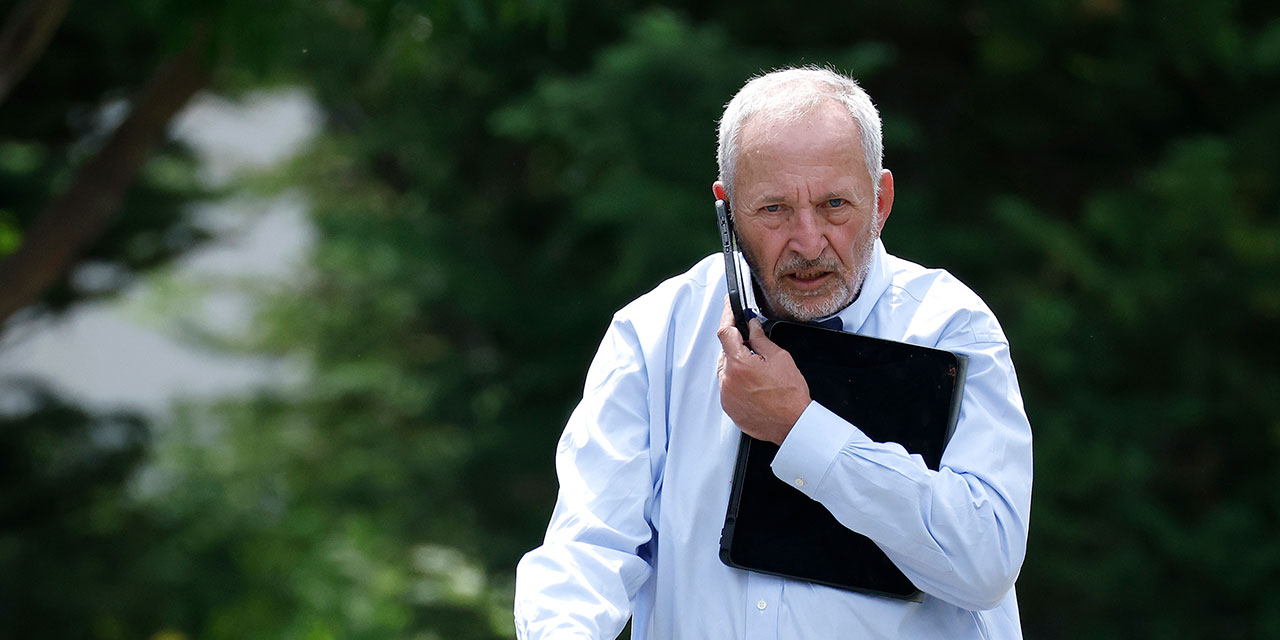A recent ruling by Judge William Carnes in Newport County Superior Court in Rhode Island raises important questions about judicial bias and the limits of judicial authority. In State v. Chevron, the Rhode Island attorney general alleges that dozens of oil and gas companies’ actions (from production to marketing and communications) bear responsibility for climate change; the suit seeks damages for rising sea levels, severe storms, and rising temperatures.
As an initial matter, the suit seems silly: attributing specific climate events to individual defendants is a scientific challenge that defies definitive causation. Carbon emissions are a global issue: 87 percent originate from outside the U.S. Even as U.S. carbon emissions decline, China alone has added more carbon emissions in the last 20 years than the U.S. produces by itself—even though U.S. GDP is more than 40 percent larger. Even if it made sense to assign damages to deep-pocketed defendants, how can it be fair to target companies doing business in the U.S. for alleged damages caused by carbon emissions while leaving Chinese coal plants untouched?
Finally, a reason to check your email.
Sign up for our free newsletter today.
As the federal Second Circuit Court of Appeals recently recognized, the United States’ longstanding position in international climate-change negotiations is to oppose the establishment of liability and compensation schemes at the international level. Rhode Island might be happy extracting wealth from out-of-state corporations—but the state would balk if, say, Bangladesh used the same principles against Rhode Islanders’ use of air conditioning, automobiles, air travel, and hamburgers.
Judge Carnes issued a ruling permitting jurisdictional discovery to proceed in the case, but that ruling is problematic even beyond the merits. The court conducted original research from news articles not presented to it by the parties. It refers at some length to materials outside the record, such as a United Nations conference, to which the defendants had no opportunity to respond. By incorporating external information that addresses disputed factual liability issues without proper adversarial testing, the court risks prejudging the merits of the case and undermining the integrity of the judicial process.
Rhode Island’s Code of Judicial Conduct underscores the importance of judges confining themselves to admissible evidence and refraining from independent fact-finding. By relying on external materials without providing proper notice and an opportunity for the defendants to respond, the court deviates from the principles of fairness and due process fundamental to our legal system.
For example, the court asserts, without concrete supporting evidence, that Rhode Island has already suffered “significant” consequences from climate change. Establishing a clear and direct causal link between the defendants’ actions and the specific damages incurred by the state because of climate change is a scientifically demanding task. For example, even if climate change causes additional hurricanes, it is impossible to attribute any specific hurricane to climate change (much less to speech or actions by a defendant) rather than the vicissitudes of weather, which long predate the first oil well. Even acknowledging the fact that human activity increases carbon emissions, it’s not proven that this growing challenge causes severe weather events. And even then, why blame Shell, Speedway, Chevron, or BP, but not the environmental activists who shut down the building of new nuclear power plants in the United States, thus ensuring our continued reliance on coal? Imposing sole liability on specific companies in isolation of the broader systemic nature of carbon emissions is beyond arbitrary and capricious.
This case doesn’t belong in the courts. Newport County Superior Court is unlikely to arrive at the optimal policy that balances the need for fossil fuels in the economy with an attempt to reduce global carbon emissions. And in a broader context, the attorney general’s lawsuit against oil and gas companies reflects a trend of litigation improperly being used to advance policy agendas. Carbon emissions are an important public-policy issue, but addressing the problem requires comprehensive policy responses and international agreements that go beyond litigation. Such matters fall within the domain of the legislative and executive branches, which are better equipped to enact effective measures. Collaboration, informed policymaking, and international negotiation are key to tackling the complexities of carbon emissions. None of this can be achieved in court.
Judges can ensure the integrity and legitimacy of their decisions by staying within their constitutional bounds and focusing on interpreting the law rather than trying to shape public policy.
Photo: serggn/iStock




